Tesla is working intensively on the next generation of its batteries. These should be able to store significantly more energy and be significantly cheaper.
Batteries can be Tesla – after all, the Californians were the first to manufacture lithium-ion batteries for cars and thus enable tolerable ranges. If the batteries in the Tesla Roadster were still made up of thousands of laptop batteries, lithium-ion storage devices specially made for cars have long been available. Many manufacturers now have them, but Tesla’s high-voltage storage systems are still considered to be the market leaders. The first information about the next generation of Tesla batteries is now seeping through.
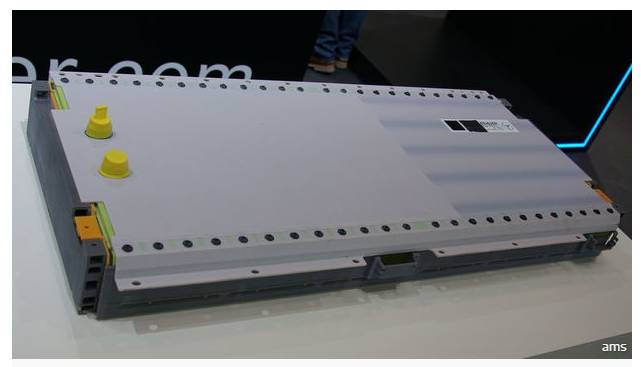
Progress through company acquisitions
Tesla is likely to take a major step in battery development with the purchase of Maxwell Technologies from San Diego, California. Maxwell builds supercapacitors and is intensively researching dry electrode technology. According to Maxwell, this technology already enables energy densities of 300 watt-hours per kilogram in prototype batteries. In the future, more than 500 watt hours per kilogram should be storable. In addition, the manufacturing costs for dry electrodes should be ten to 20 percent lower than for the wet electrodes currently used by Tesla. As a further plus, Maxwell holds out the prospect of doubling the battery life.
Own cell production planned
There are also rumors of Tesla’s own battery cell production. So far, the Japanese manufacturer Panasonic has supplied the Californians with cells – for Model S and X these come from Japan, for the Model 3 the cells are made in Gigafactory 1 in the US state of Nevada. Gigafactory 1 operate Panasonic and Tesla together. There have been tremendous distortions recently: Panasonic was apparently disappointed by Tesla’s sales figures and also feared that Tesla would not expand battery production future-proof. Panasonic CEO Kazuhiro Tsuga saw the battery supply of the Model Y, which was announced for autumn 2020, at particular risk. Panasonic has initially stopped investing in the Gigafactory 1. Tesla may want to become independent from the Japanese with its own cell production.

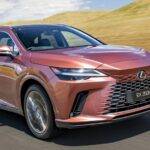
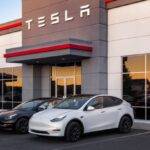

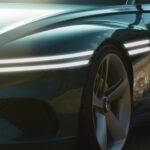
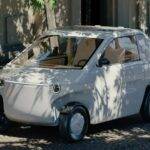
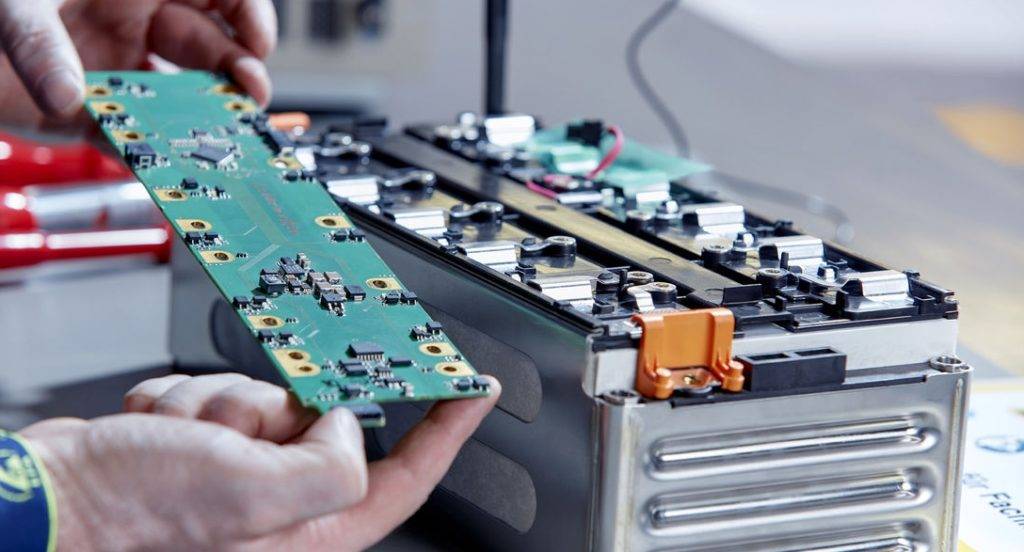
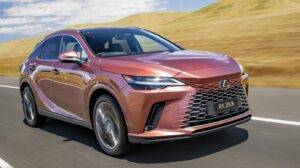
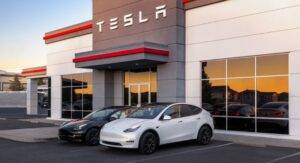
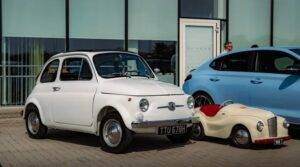

More Stories
Tesla Introduces 84-Month Loans in the US Amid Rising Interest Rates
Opel automobiles: 125 years of history and a bright future
The Cars That Go Out of Production in 2023